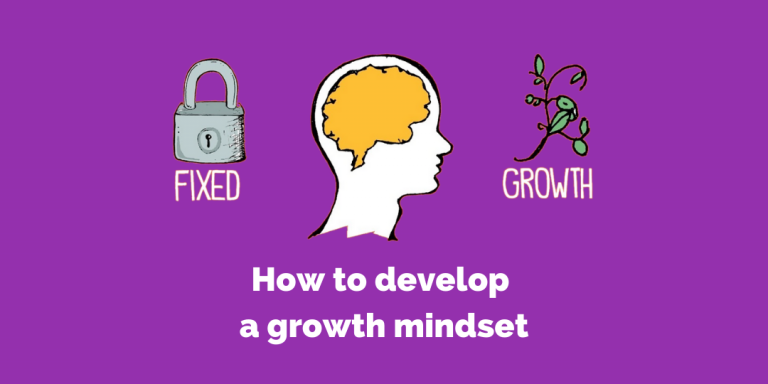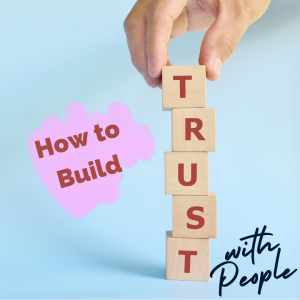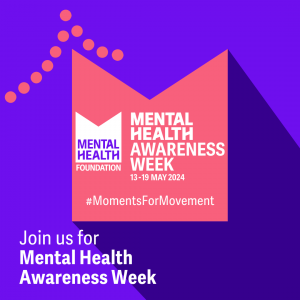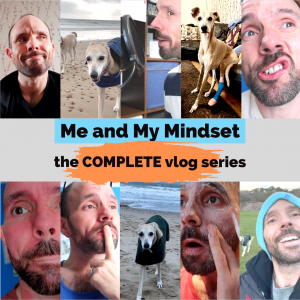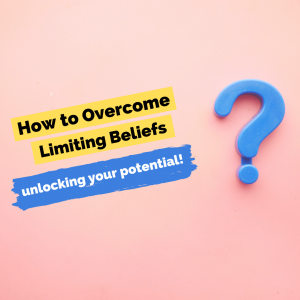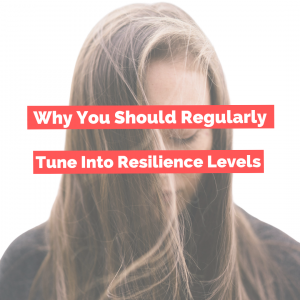Know what makes you tick
I’m a huge fan of building self-awareness. For me, this happens in two parts: the first is knowing more about our preferences, triggers and stressors to truly understand how we form our perception of the world around us. The second is using this knowledge to strengthen how we adapt and connect with people around us. If we become more self-aware, we’re much better equipped to know what makes us tick and more importantly, why.
Whatever happens, you'll handle it!

A key difference in people with a growth mindset is that they know they’ll face hard times, yet they are able to keep perspective and faith that whatever happens, they’ll handle it. They know that the bad stuff will still happen, and they’re prepared for it, but they don’t let the possibility of it control them. This faith and confidence is a key concept in worrying less by knowing that whatever life decides to throw at you, you’ll handle it.
Don't believe all your thoughts
Our brilliant brain is hardwired to keep us safe and protect us from danger and pain. This is partly why we tend to go straight to the negative. This in turn creates limiting beliefs which constrain our thoughts, behaviour and actions. All of this takes us straight into ‘fixed mindset’ territory, so start to recognise your thoughts as just that: thoughts. They’re not real, yet they have a huge positive or negative influence over us.
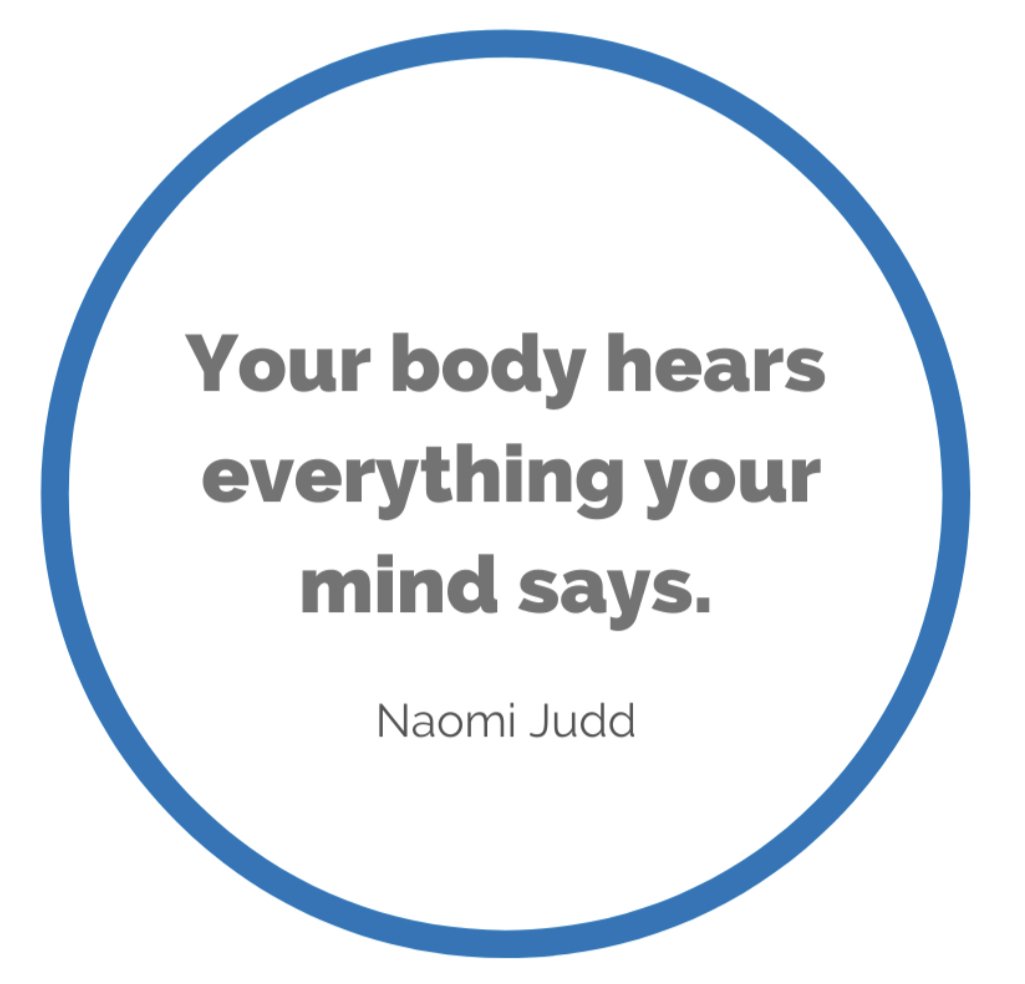


There is huge crossover between having a growth mindset and building resilience...
Cut the bad language
Our words have a huge influence over our thoughts, feelings and behaviour. Become conscious of the words you say both out loud and in your own head, because either way, they are powerful. With a fixed mindset, we tell ourselves “I can’t!” With a growth mindset, we say “I can’t…yet!” We talk to ourselves in a way that we would never speak to our loved ones or best friends. Instead of listening to that negative inner-critic, rewrite the story with positive affirmations.
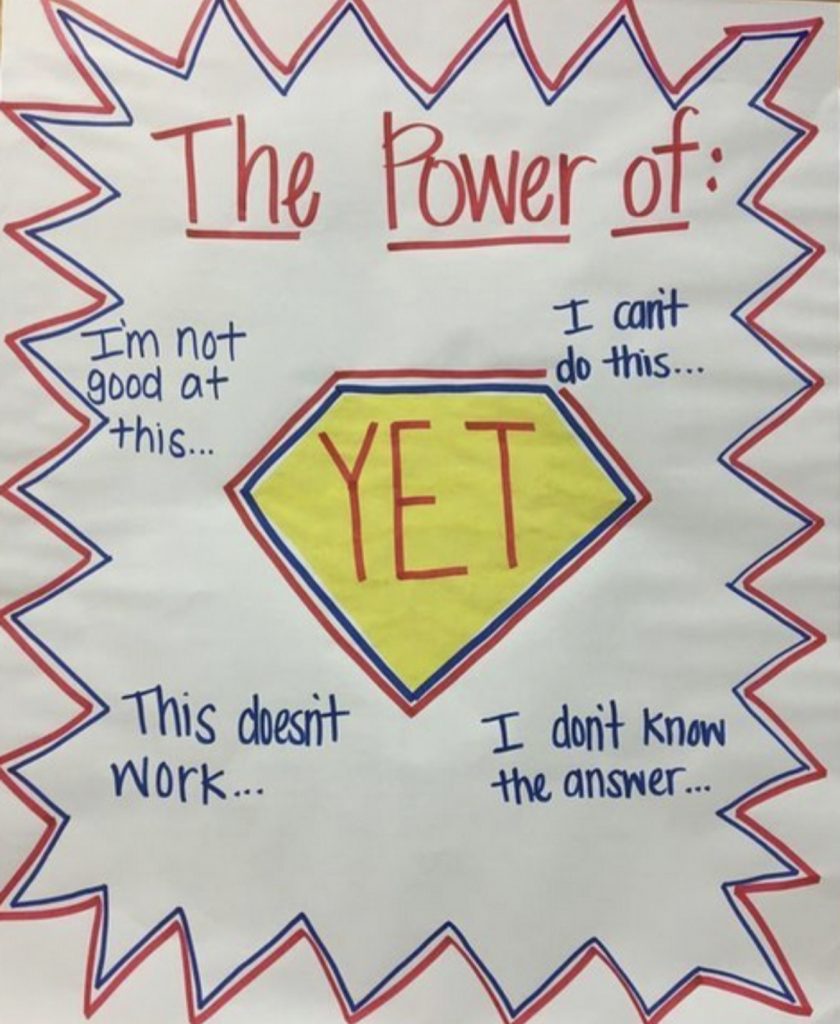


Start to leverage your strengths
We know by now that the brain tries to keep us safe. So if we tell ourselves what we’re worst at before anyone else can tell us, then we won’t be hurt (at least not as much). In this mode, I know that I can be stubborn, obsessed with detail and some might see me as standoffish. But I’m also the most loyal friend you could wish to have, a great listener and pretty good (okay, really good), at seeing both sides of a story. We’re so used to focusing on what we need to get better at, we forget what we are already brilliant at. Begin to recognise your strengths and use them to your advantage.
Develop an attitude of gratitude



Being thankful, even in times of change and challenge, is consistently associated with greater happiness in psychological research. It helps us to feel more positive and deal with adversity more easily because we are focusing on what we have in our lives to be grateful for, rather than what we don’t have. Developing gratitude is something that can be practiced. Many people love having a gratitude journal. Personally, I love my gratitude jar – it’s a constant reminder and I can delve into it on my ‘dip days’ when I need a reminder of why life is pretty good.



Embrace the challenges, not the problems
The distance between a fixed mindset (“not AGAIN!?”) and a growth mindset (“this might be tough, but I’ll do it!”), is huge. We’ve all heard that cheesy phrase “bring me solutions, not problems”, but it’s a cliché because it’s true. Just think about how we feel when we’re faced with a ‘problem’. Our stomachs lurch and we suddenly have an obstacle that we need to overcome. Seeing problems as challenges and opportunities to learn from switches this thinking to help us face them head on.

